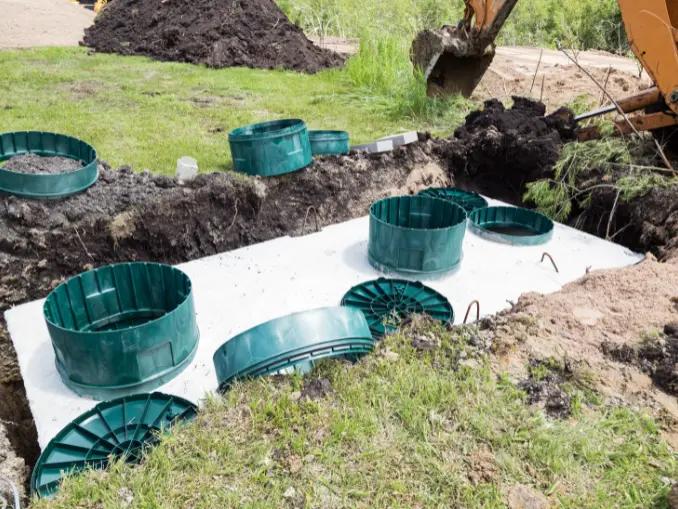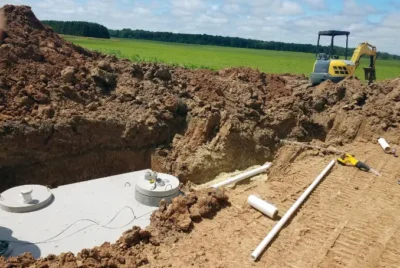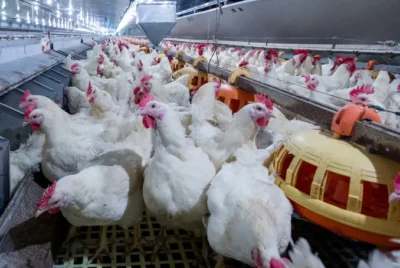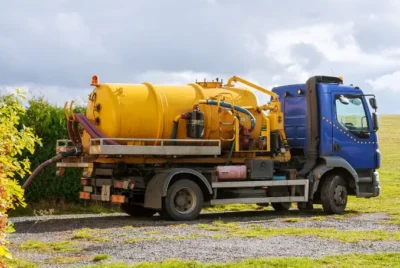Top Budget-Friendly Septic Systems Alternatives for Your Home
When it comes to managing household wastewater, the traditional septic system has long been the go-to solution for homes located away from municipal sewage lines. However, not all properties are suited for conventional septic systems due to soil conditions, space limitations, or environmental regulations.
Fortunately, there are several budget-friendly alternative septic systems designed to overcome these challenges while providing effective wastewater treatment. In this article, we explore some of the top cost-effective septic system alternatives for your home.
What Are Inexpensive Septic System Alternatives?
Inexpensive septic system alternatives refer to cost-effective solutions for treating and disposing of wastewater where traditional septic systems may not be viable due to environmental, spatial, or soil-related constraints.
These alternatives are designed to be more affordable in terms of installation, maintenance, or both, offering efficient waste treatment options for properties facing high groundwater levels, limited space, poor soil percolation, or proximity to sensitive ecosystems.
Read also: What is a Septic Tank? Purpose, Maintenance, and Functionality
Do You Need an Alternative Septic System?
Whether you need an alternative septic system depends on several factors specific to your property and local environmental regulations.
Typically, alternative systems are necessary when traditional septic systems are not feasible or effective due to soil conditions, high groundwater levels, small lot sizes, or proximity to water bodies.
These conditions can prevent the proper functioning of a conventional septic system by affecting the soil’s ability to naturally filter and absorb wastewater. Alternative systems designed to overcome these limitations provide additional treatment to protect public health and the environment.
If your property has poor soil percolation, limited space, or environmental constraints, or if local regulations require higher levels of wastewater treatment, an alternative septic system may be the best or only option to manage your wastewater efficiently and safely.
Consulting with local health departments or septic system professionals can help determine the most appropriate system for your needs.
Read also: The Pros and Cons of Septic Tanks: Is It Right for You?
Top Inexpensive Septic System Alternatives
1. Mound Septic System
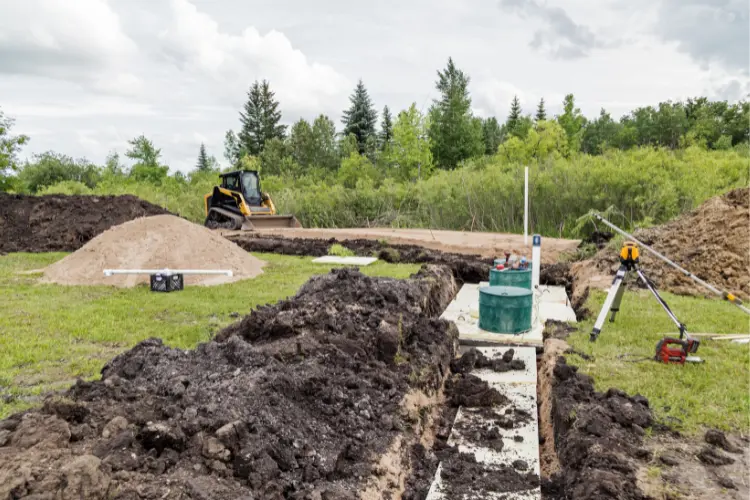
The Mound Septic System is an effective solution for properties where traditional septic systems cannot be used due to unsuitable soil conditions, high groundwater, or shallow bedrock. This system features an elevated leach field built above the natural soil surface, utilizing a sand mound to filter effluent before it percolates down into the underlying soil.
Although its initial setup and maintenance costs are higher than conventional systems, the mound system allows for wastewater treatment in challenging environments.
2. Plastic Chamber Leach Field
A Plastic Chamber Leach Field replaces the traditional gravel and pipe layout with modular, half-moon-shaped plastic chambers. These chambers are buried in the leach field area, with their open sides down, creating a large void space that facilitates the efficient flow and treatment of effluent as it passes into the soil.
This system is particularly suitable for small properties or areas with high or fluctuating groundwater levels, offering a cost-effective, easy-to-install alternative that requires less space than traditional gravel systems.
3. Drip Distribution/Irrigation
Drip Distribution/Irrigation is an advanced septic system alternative that applies treated wastewater to the soil via a network of small, flexible drip lines.
This method allows for the even distribution of effluent over a broad area. Moreover, this is ideal for properties with limited space or uneven terrain.
Drip distribution systems often include timers and require electricity, making them more complex and potentially higher maintenance than some other alternatives.
4. Pressurized Dosing
Pressurized Dosing systems utilize pumps to evenly distribute effluent across the leach field at controlled intervals.
This precise dosing improves the efficiency of the soil absorption system, making it an excellent choice for rejuvenating failing leach fields or enhancing the performance of existing septic systems.
Pressurized dosing is versatile and can be integrated with various types of treatment and dispersal systems, offering a balanced approach to wastewater management.
5. Aerobic Treatment Unit
An Aerobic Treatment Unit (ATU) introduces oxygen into the wastewater, stimulating the growth of aerobic bacteria that break down and treat the effluent more effectively than anaerobic processes used in conventional systems. This system is particularly effective in areas with poor soil conditions, high groundwater levels, or near sensitive water bodies.
Although ATUs are more expensive and require regular maintenance, they provide a high level of effluent treatment, making them a suitable option for environmentally sensitive locations.
6. Constructed Wetland System
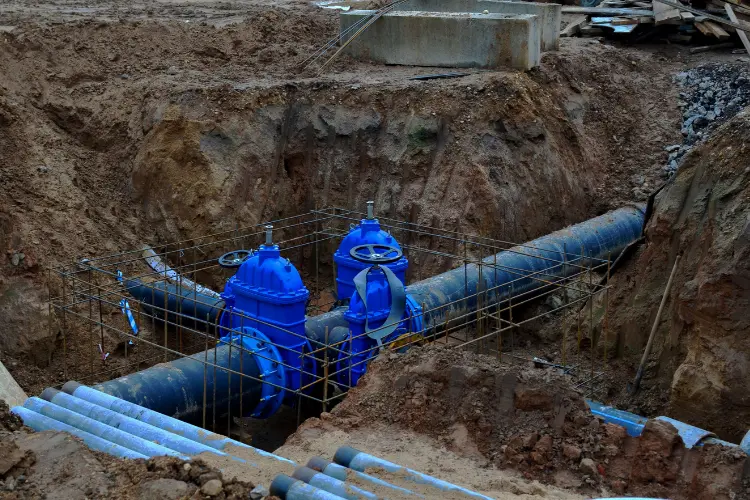
Constructed Wetland Systems mimic natural wetland processes to treat septic effluent. Wastewater flows through a specially designed area planted with wetland vegetation, where it undergoes natural filtration and treatment by plants and microorganisms before being released into the environment.
This eco-friendly alternative is visually appealing and can be highly effective, especially in rural or spacious settings, requiring moderate maintenance and offering a habitat for local wildlife.
7. Sand Filter System
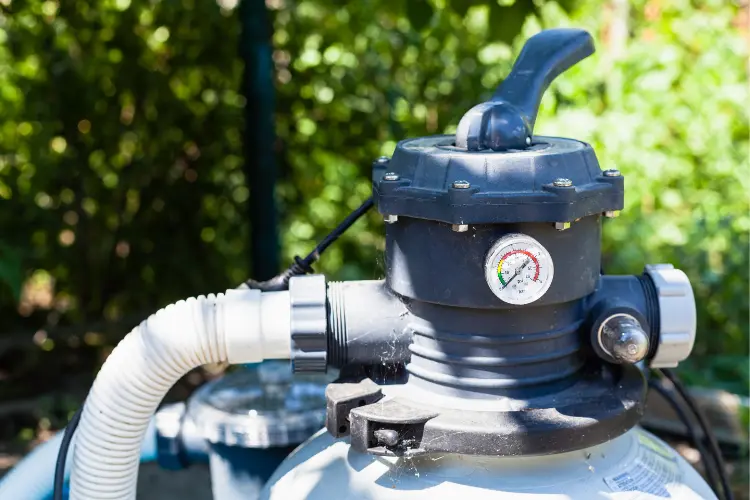
The Sand Filter System is a versatile alternative that uses a bed of sand to filter and treat effluent before it’s dispersed to the soil or a drain field.
Suitable for properties with inadequate soil conditions, the system can be installed above or below ground and is designed to remove contaminants through physical and biological processes as the wastewater percolates through the sand.
This system is particularly beneficial in environmentally sensitive areas, providing an effective treatment solution that requires a relatively small footprint.
Final Thoughts
Choosing the right septic system for your home depends on numerous factors. The alternatives listed above provide various options for homeowners looking to install a new system or upgrade an existing one.
By selecting a budget-friendly septic system alternative, you can ensure effective wastewater treatment while minimizing your financial and environmental footprint. Always consult with a septic system professional to determine the most suitable option for your home.

